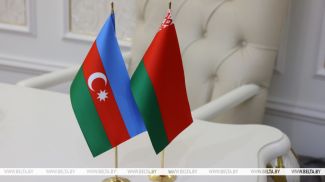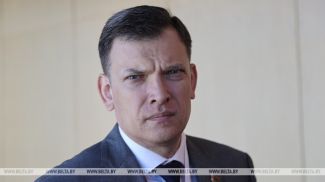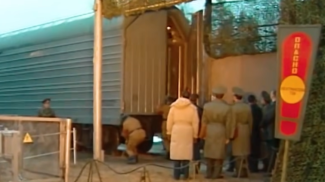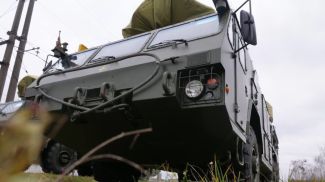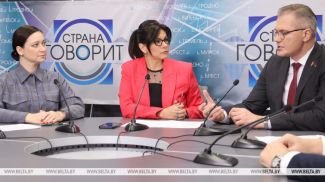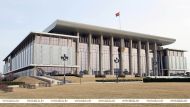INSK, 17 March (BelTA) - The state will continue to support all forms of development and training of gifted young people, Belarus Prime Minister Roman Golovchenko said as he visited the National Children's Technopark in Minsk on 17 March, BelTA has learned.
“The state will continue to support all forms of development and training of gifted young people. The National Children's Technopark is one of the most advanced forms,” Roman Golovchenko said. “The amount of funds designated for training in the technopark exceeds the sums allocated for education in secondary schools. But we see it as investment which will pay off and return in the form of a contribution to the technological independence of the country in the future. This issue is acquiring the highest priority today."
According to the prime minister, it is very important that we help young people who want to invent and find new solutions. This is crucial for the technological development of the state.
"Raising such children is important. Equally vital is to keep them at home, to help them realize their talents for the benefit of the country. Working with talented young people is a complex and multi-stage process. A lot depends on the teacher and the individual approach, because we are all different. The National Children's Technopark looks for such talent. Although the period of training here is not long, it still provides an impetus to the development of children along the right trajectory. We want them to grow not only curious but also patriotic people willing to contribute to the country's future," the head of the government said.
The National Children's Technopark was set up on 1 January 2021. The technopark works to identify and develop students' abilities in research and inventive activities. Training is focused on three areas: green chemistry, robotics and information and computer technology.
In 2021 the National Children's Technopark will run nine shifts (24 days each). Every shift caters to 30 high school students from all regions of the country. They study in groups of 10 people each.
Training programs in science, technology and innovation are designed to help students gain new knowledge as part of a research project, acquire skills of collecting and processing information for research.
Photos by Andrei Pokumeiko




